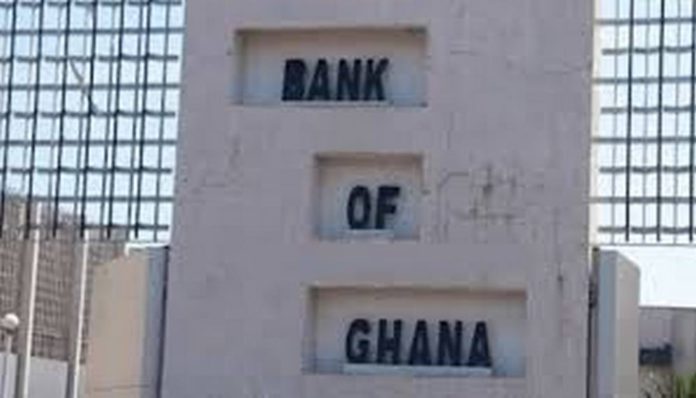The Bank of Ghana (BoG) says no real estate company in the country has been authorised to price or transact business in foreign currencies.
Head of Financial Stability for BoG noted that although some hoteliers have been granted the permission to trade in forex for the sake of convenience, such organisations are closely monitored.
Dr. Jospeh France explained that such measures form part of the Central Bank’s resolve to scale up supervision and to crack the whip on the black market.
Ghana’s Foreign Exchange Act 2006, (Act 723) prohibits companies and individuals from engaging in foreign exchange business without authorisation from the Central Bank.
This legislation also bars pricing and advertisement of goods and services in foreign currencies.
However, in Ghana, many real estate agencies and hoteliers are often found charging mortgages, rent and leases in dollars.
In an interview on JoyNews’ The Pulse, Thursday, Dr France stressed that even the agencies and organisations that transact business in foreign currencies did not get such permits for free.
“I don’t know of real estate institutions that have been authorised; so, if a real estate institution is dealing in Forex, then that real estate is dealing illegally in forex and must be reported to the law enforcement agencies,” he said.
Touching on the implications of illegal forex trading on Ghana’s economy, he noted that “once you dollarise your economy, it means you are weakening your Cedi and if you are weakening your cedi, then you are making everything expensive for your citizenry.”
An earlier statement from the BoG warned companies, institutions and individuals from engaging in foreign exchange business without a license issued by Bank of Ghana.
The Central Bank reminded the public that the sole legal tender in Ghana is the Ghana Cedi.
In this regard, together with National Security and Law Enforcement Agencies, the regulator of the banking industry said, it will continue to clamp down on illegal foreign exchange operations, adding that “all offenders shall be dealt with in accordance with the law.”
MORE:

